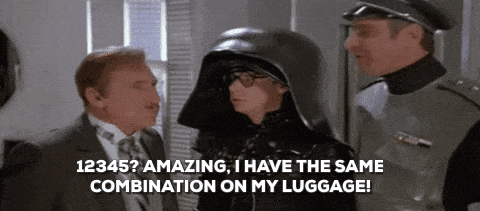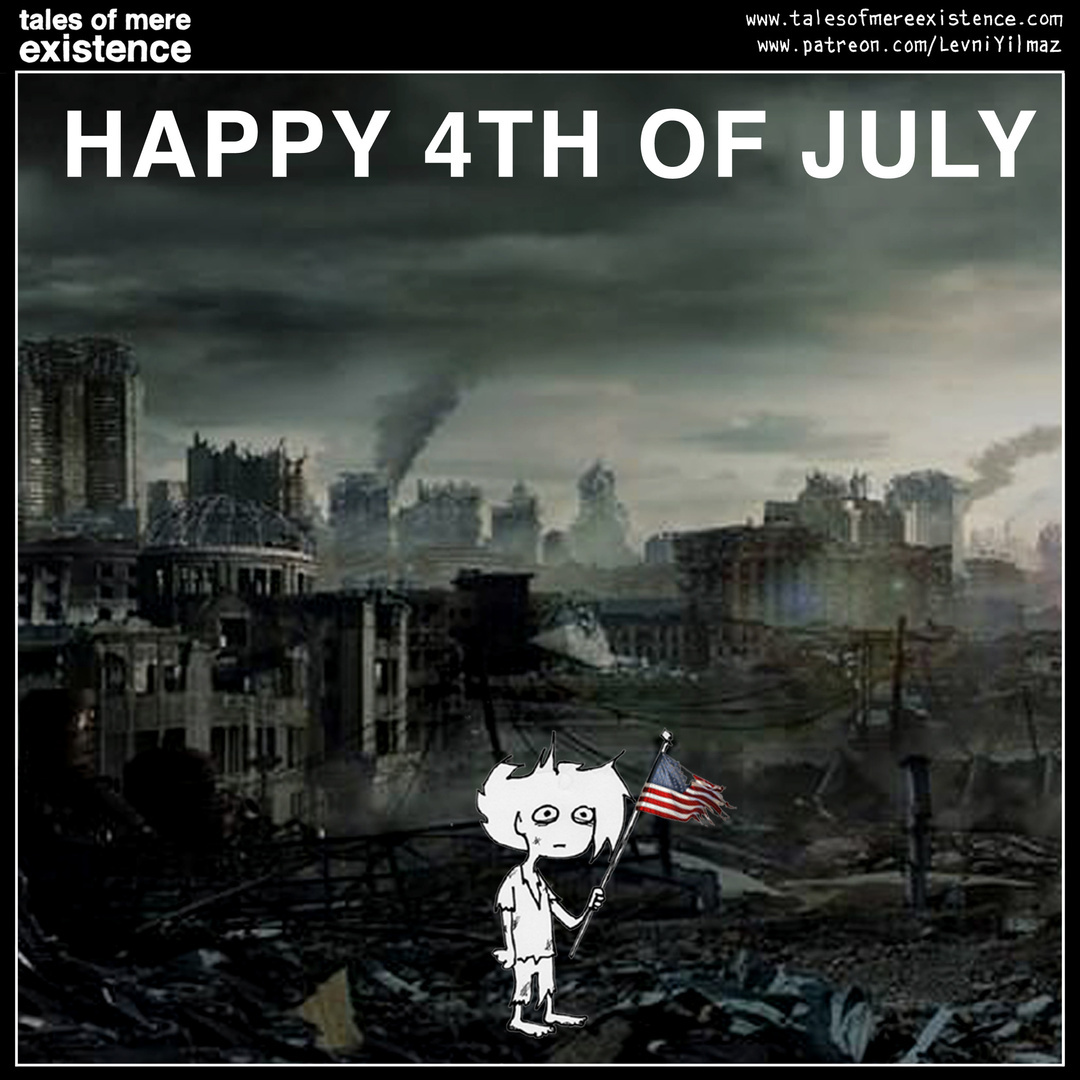

You can order packing peanuts for ~$5/ft^3 and some places will do free shipping over a certain value. There are also decorative balloon bunches, though I don’t know about price there.
Liquids would also work. Heavy, sloshy, awkward, etc. and you don’t want to drop them because it’d make a mess.






They create and release tension, like a joke, which creates a pleasure burst greater than the discomfort of the tension.
Starting from basically birth, we learn. Learning is the process of creating models in our heads of corresponding causes and effects. This is what makes intelligence powerful. You can know, to a point, what is going to happen before it does. However, the causes in reality are complex and not always perceivable. When this happens, we experience emotional discomfort, the fear of the unpredictable. In stories, there is nothing but the story, so everything is built to create and then satisfy that sense of tension. This is the pleasure of learning.